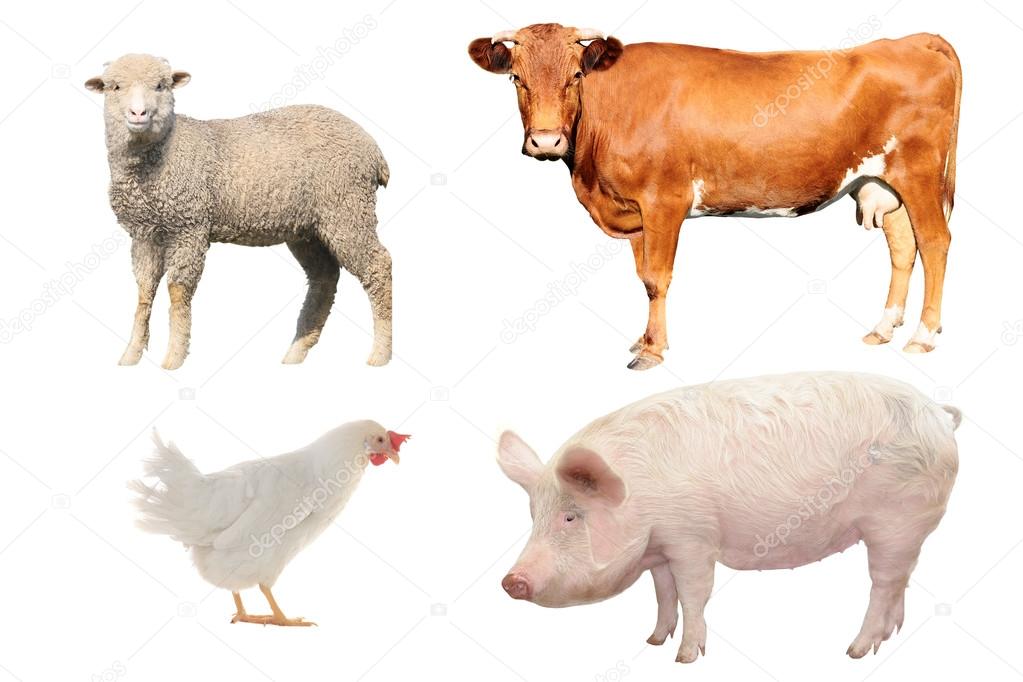The UK sheep market has been buoyant throughout 2021 and has remained strong into 2022; tight supplies have continued to support prices. Brexit challenged exports, particularly during the first half of 2021, but they recovered towards the end of the year. Imports have remained low; New Zealand lambs have been attracted to other markets (Asia) due to high shipping costs and strong prices globally.
Looking to 2022, the AHDB is forecasting the carry-over from 2021 to be about 3.9 million head, with a further 1.8 million new season lambs expected to come forward in the first half of 2022. New season numbers will be higher than in 2021, but the carry-over is less – due to Brexit more lambs than normal were marketed in Q3 and Q4 of 2020. The AHDB is forecasting a strong 2% growth in the breeding flock on the back of high farmgate prices providing optimism in the industry.
The number of ewes available for slaughter is expected to be about 750,000 head in the first half of 2022 and 700,000 head in the second half. This is up on 2021, particularly over the first six months, but is more in-line with historic averages. Total sheep meat production for 2022 is forecast to be 294,000 tonnes, up on the five-year average of 291,100 tonnes.
Trade has been impacted by Covid and Brexit over the last couple of years. But imports have been down for five years now, due to lower production in New Zealand and Australia and increased demand from Asia. Covid has also caused shipping issues meaning high freight costs. This is expected to continue for at least 2022, meaning Asia will remain an attractive market for NZ and Australian lamb. We could see an increase in imports of Australian lamb later in the year when the UK-Australian free-trade agreement comes into force, but total imports are not expected to increase as AHDB is expecting these to just displace product from other countries. Exports have struggled during 2021 due to increased friction (paperwork and checks) after the end of the Brexit Transition Period. In addition, Covid has caused reduced demand from the continent and a lorry-driver shortage. Exports have recovered during the latter half of 2021 and the AHDB is forecasting a 5% growth in 2022.
Retail lamb sales remain strong. Although 2021 sales were back on 2020, according to Kantar, volumes were still 1.9% above 2019 levels. Growth in the takeaway sector has offset losses in the eating-out market; volumes of lamb through foodservice as a whole were up 9.9% in 2021 compared with pre-pandemic levels. Lamb has been less impacted by closures in the food service sector than other meats as more than half of the volume goes into the takeaway sector, meaning volumes through foodservice as a whole have remained above 2019 levels throughout the pandemic. In 2022, eating out is not expected to return to pre-Covid levels due to hesitancy in the first half of the year and economic pressures on household budgets. Retail sales may also suffer, but Easter could bring a boost this year after two year’s of Covid-restricted gatherings. Takeaways are expected to remain strong, although these are less likely to use British lamb. The AHDB is therefore predicting demand for lamb in 2022 to be down -3% on 2021 and slightly less than in 2019 levels.
All this means that farmgate prices are unlikely to drop significantly over 2022. Values are forecast to remain good but could ease slightly compared to 2021.
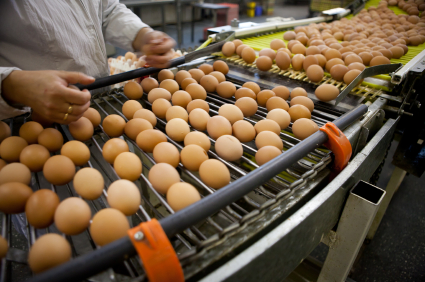
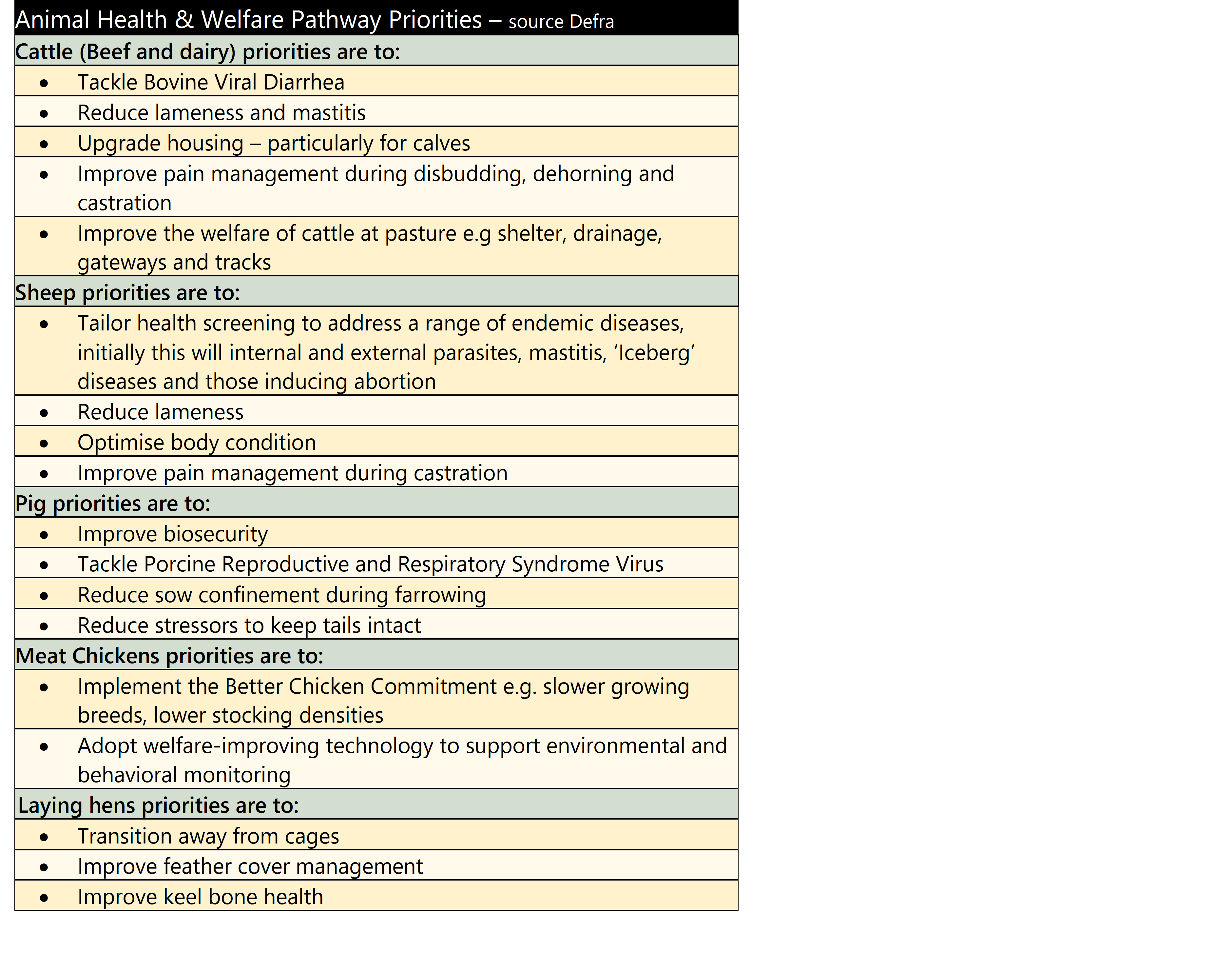
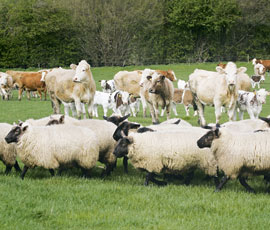
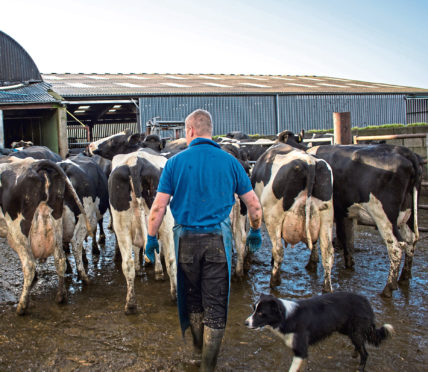
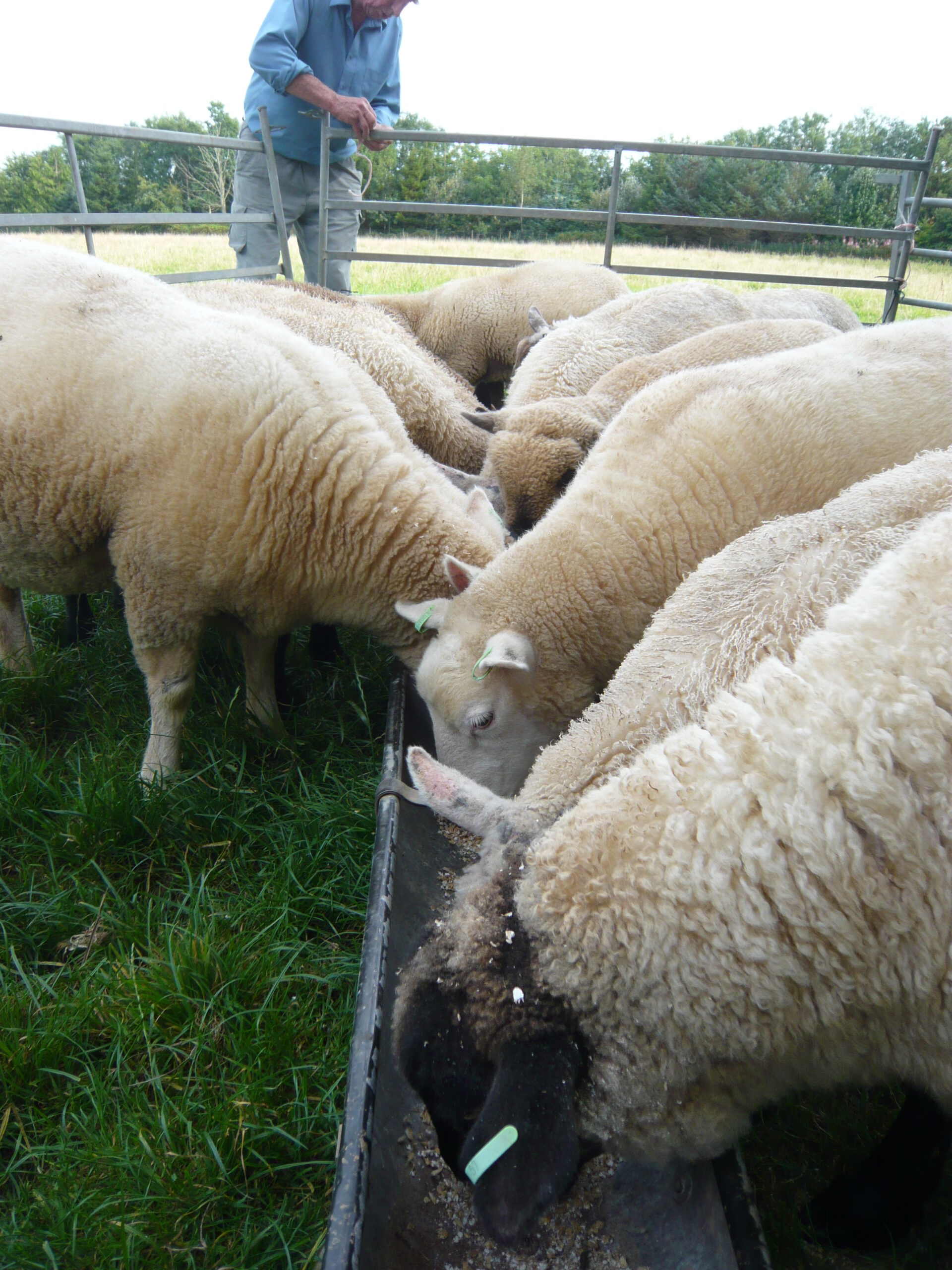

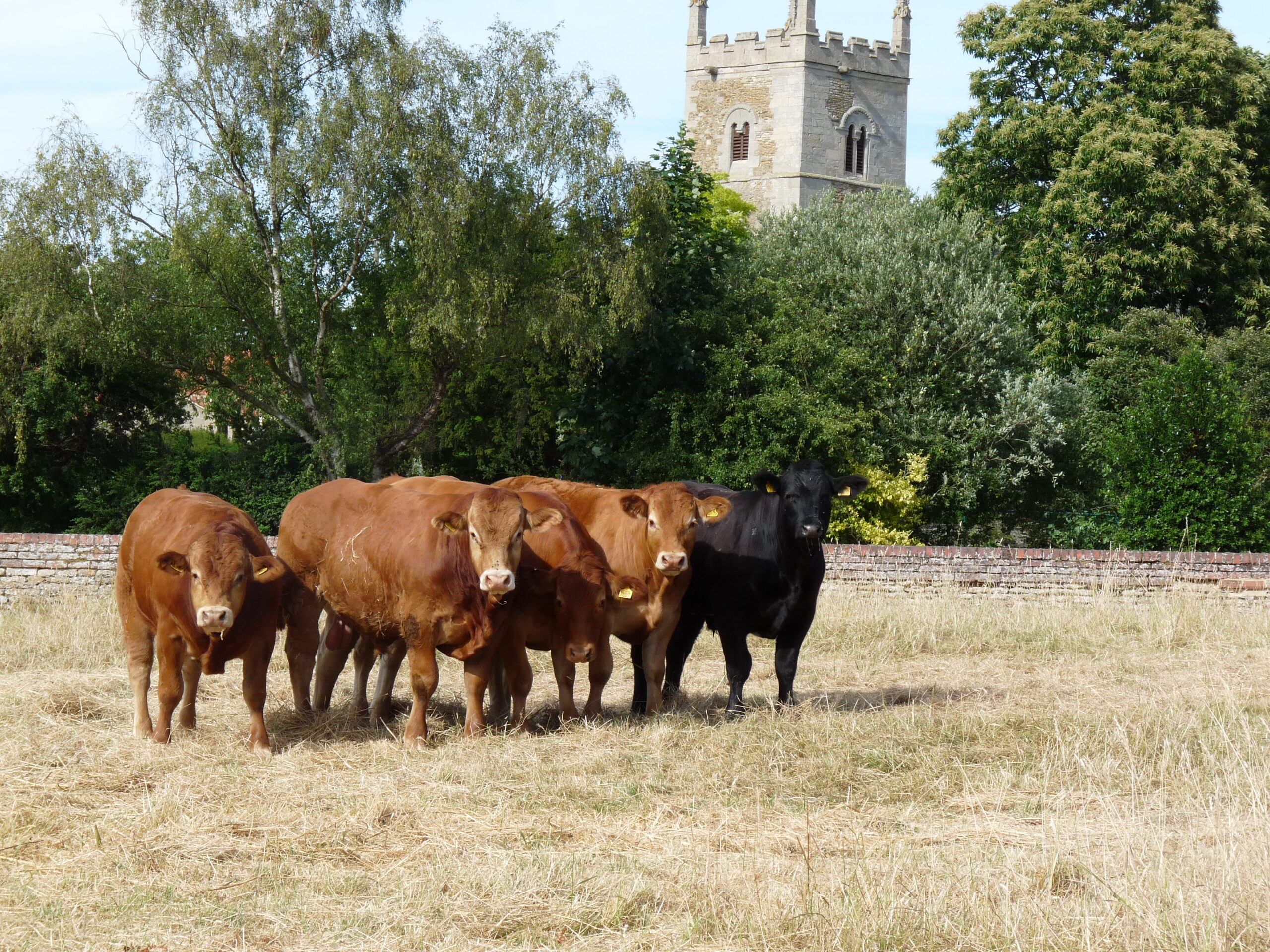
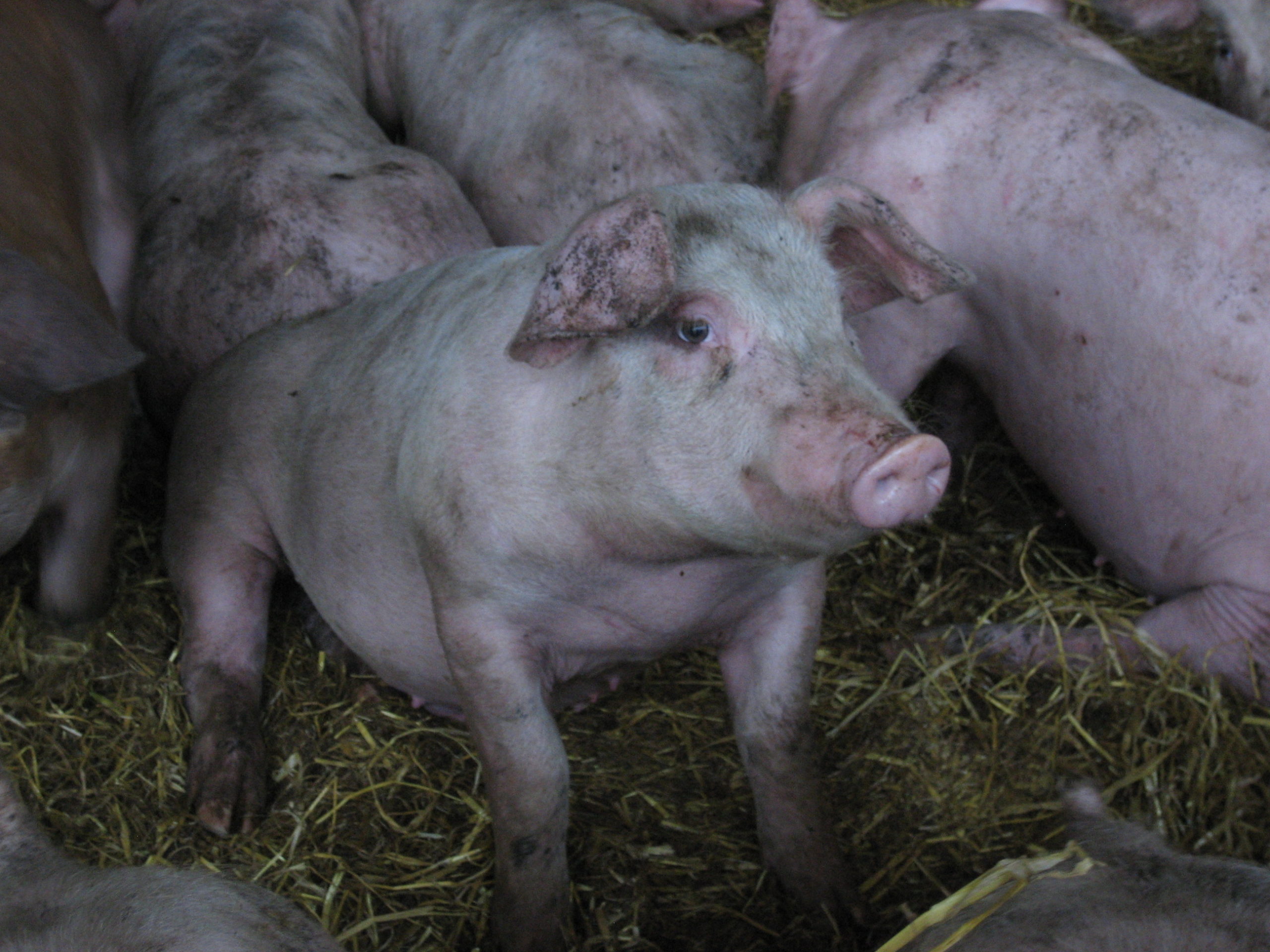
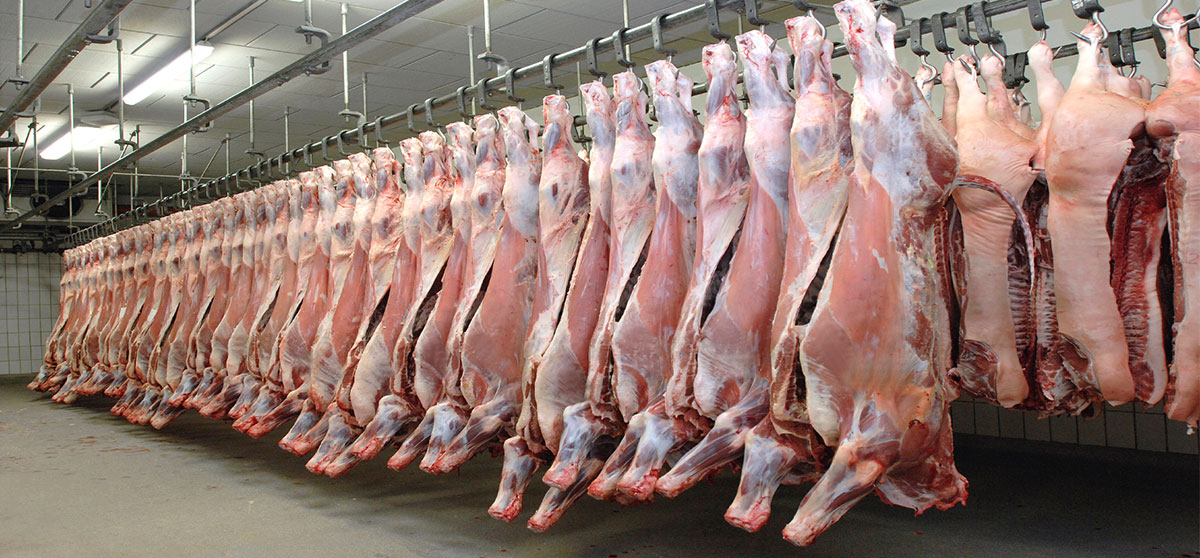
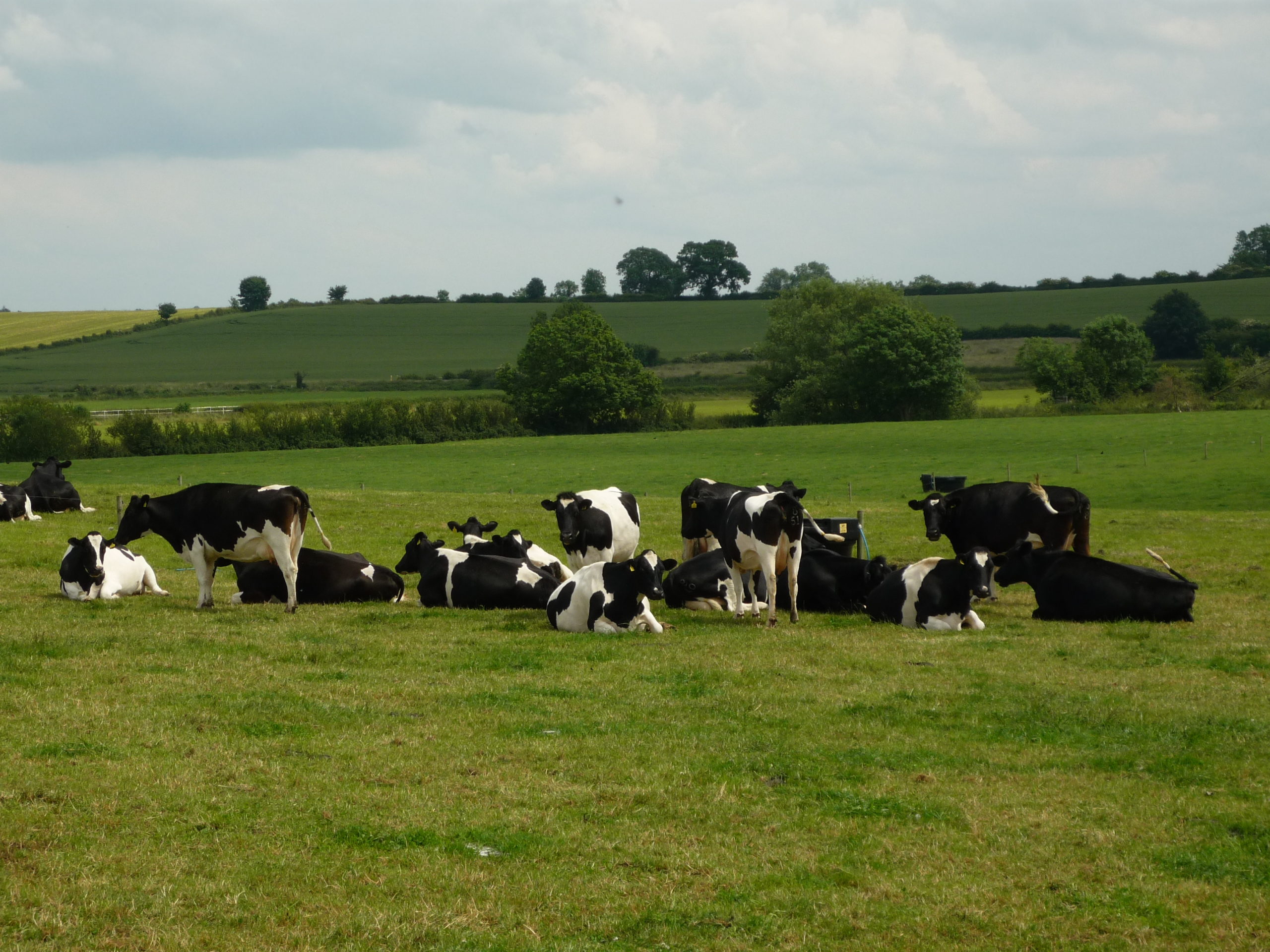
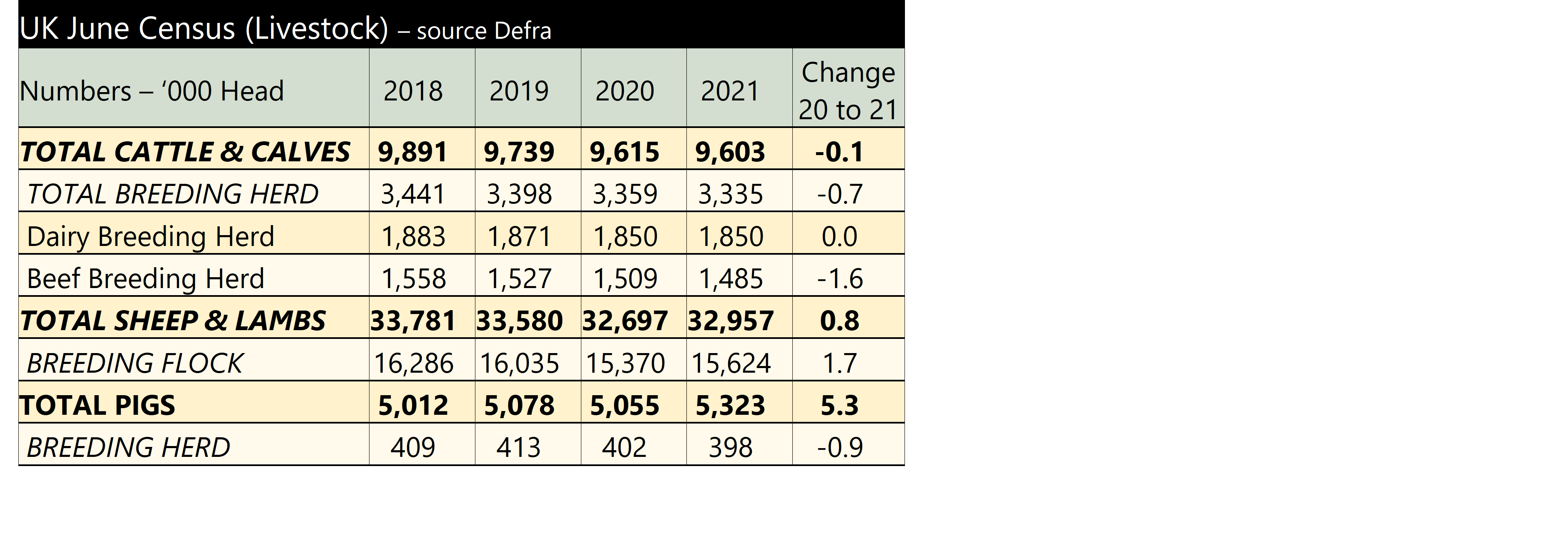 Although the pig breeding herd has experienced a decline, total pig numbers have increased by 5.3%. This is likely to be as a result of producers having to keep pigs on farm longer than normal due to a reduction in the processing facilities experienced this year, rather than a fundamental increase in production. The economic climate for pig producers is currently very challenging and we could see a further contraction of the breeding herd unless circumstances improve. The full Survey results can be found at
Although the pig breeding herd has experienced a decline, total pig numbers have increased by 5.3%. This is likely to be as a result of producers having to keep pigs on farm longer than normal due to a reduction in the processing facilities experienced this year, rather than a fundamental increase in production. The economic climate for pig producers is currently very challenging and we could see a further contraction of the breeding herd unless circumstances improve. The full Survey results can be found at 